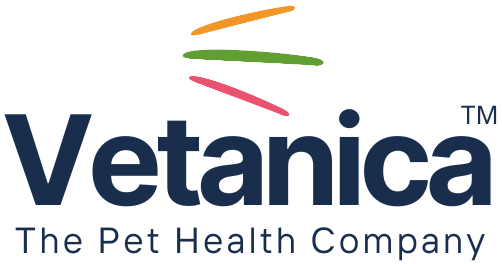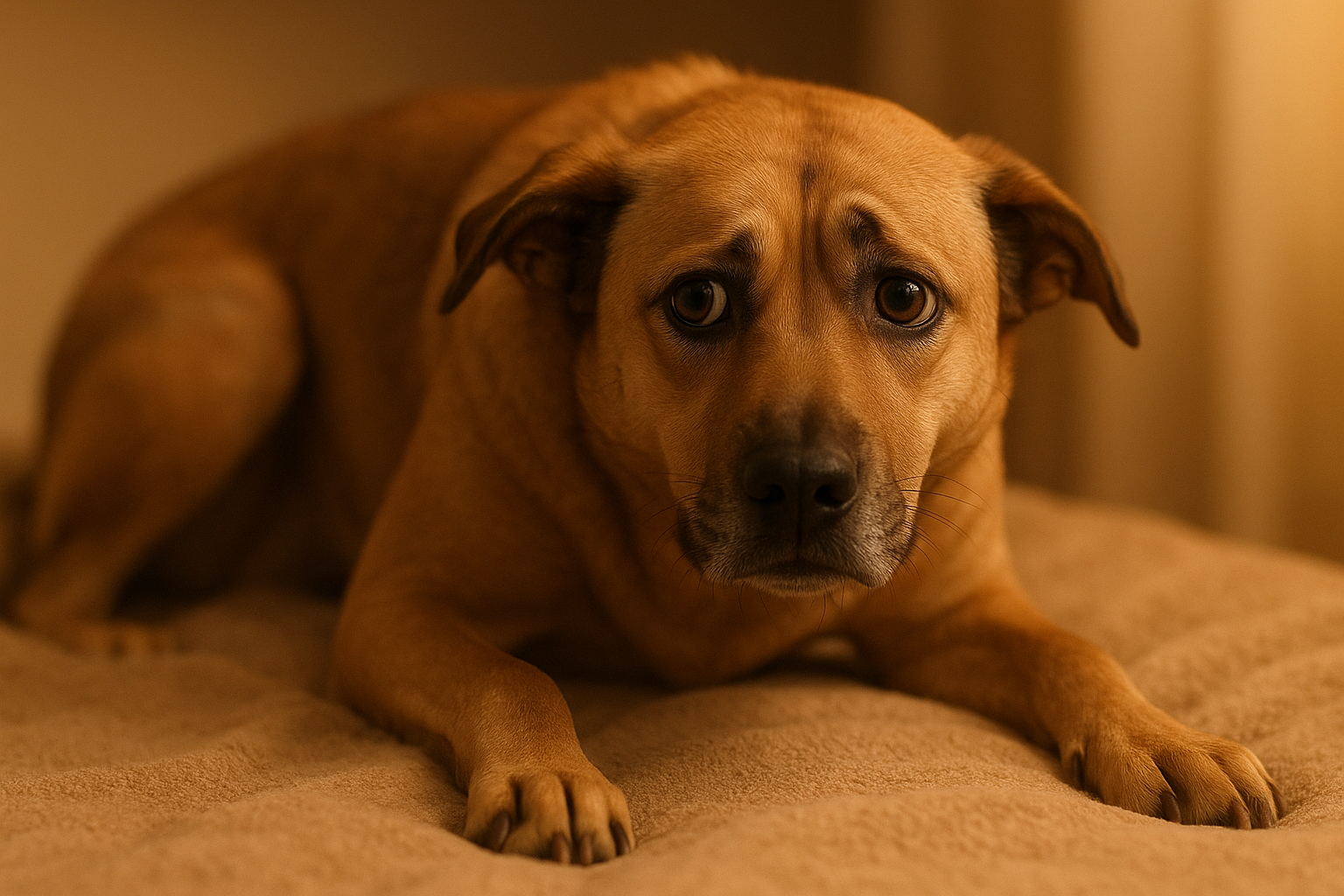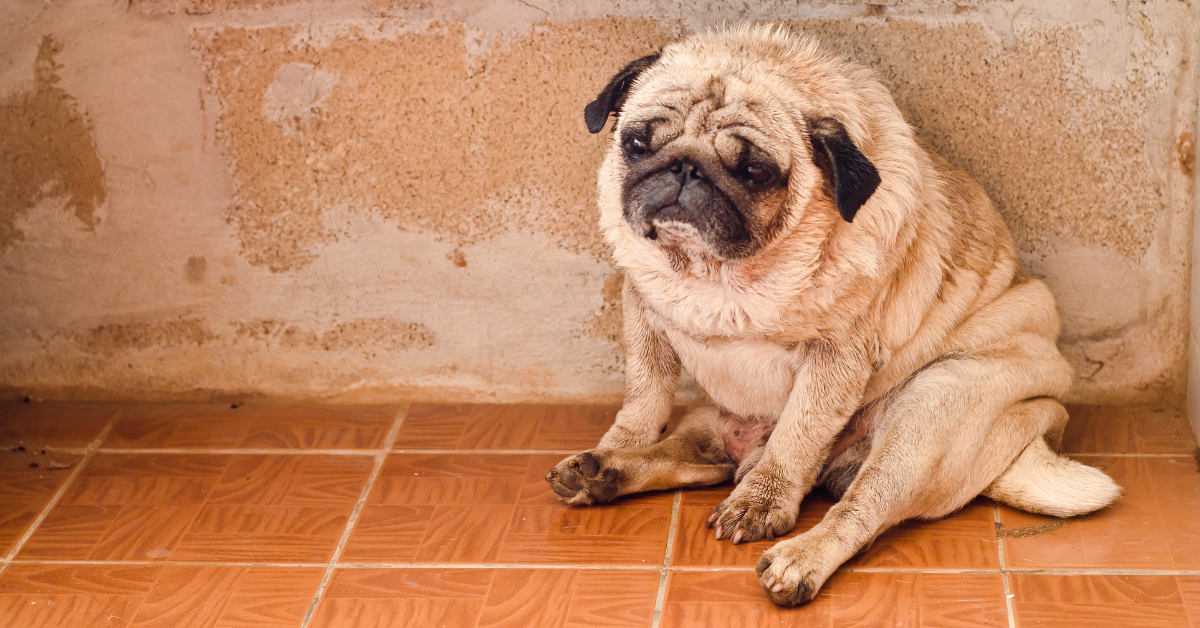Just like humans, dogs can occasionally suffer from constipation. It’s uncomfortable for them and worrying for you as a pet parent. The good news is that in many mild cases, diet changes and home care can get things moving again.
This guide covers what to feed a constipated dog, what to avoid, and when it’s time to see your vet.
How Do I Know if My Dog Is Constipated?
Constipation means your dog is straining to pass stools, producing very small, hard stools, or not going at all for more than 24–48 hours. You might also notice:
-
Straining or discomfort during bathroom breaks
-
Whimpering or restlessness
-
Dry, pebble-like stools
-
Loss of appetite
Step 1: Ensure Hydration
One of the most common causes of constipation is dehydration. Always provide fresh water, and encourage your dog to drink. Some tips include:
-
Adding a little low-sodium chicken broth to water
-
Offering ice cubes as treats
-
Feeding wet or moistened food instead of dry kibble
Step 2: Add High-Fiber Foods
Fiber helps soften stools and improve bowel movement. Gentle, dog-friendly options include:
-
Pumpkin (plain, canned or cooked fresh) – a top choice for digestive balance
-
Cooked Sweet Potato – provides fiber plus vitamins
-
Carrots or Green Beans (cooked, chopped) – easy veggie fiber boost
-
Rolled Oats (plain, cooked) – mild and soothing
Start with small amounts and increase gradually to avoid gas or bloating.
Step 3: Use Digestive-Friendly Proteins
Lean, easily digestible proteins can support gut health without adding stress:
-
Boiled Chicken or Turkey (skinless, boneless)
-
White Fish (cooked, no seasoning)
Pair these with fiber-rich foods for a balanced, constipation-relief diet.
Step 4: Consider Natural Oils
Adding a little healthy fat can help lubricate the digestive tract:
-
Coconut Oil (½–1 tsp for small dogs, up to 1 tbsp for larger dogs)
-
Olive Oil (small drizzle over meals)
Step 5: Support Long-Term Gut Health
Once your dog’s digestion returns to normal, prevention is key. Alongside a balanced diet, consider adding a digestive supplement like GutShield Essential to their daily routine. Its science-backed formula supports a healthy gut microbiome, helps regulate bowel movements, and reduces the risk of future constipation or other digestive upsets.
Foods to Avoid When Dog Is Constipated
Some foods can make constipation worse:
-
Bones (can harden stools or cause blockages)
-
Cheese and other dairy (if lactose-sensitive)
-
Excessively fatty or processed foods
-
Too many commercial treats with fillers
When to Call the Vet
Most mild constipation clears up within a day or two, but contact your vet if:
-
Your dog hasn’t passed stools for 48 hours or more
-
They’re straining with no result
-
You see blood in the stool
-
They show signs of pain, lethargy, or vomiting
These could indicate a more serious condition that needs veterinary care.
Final Thoughts
Constipation in dogs can be uncomfortable, but with hydration, fiber-rich foods, and supportive care, most cases resolve quickly.
For long-term digestive wellness, making GutShield Essential a regular part of your dog’s diet can help keep their gut balanced and bowel movements regular - so your pup stays happy, healthy, and wagging their tail with ease.






How to Deal With a Dog with Separation Anxiety